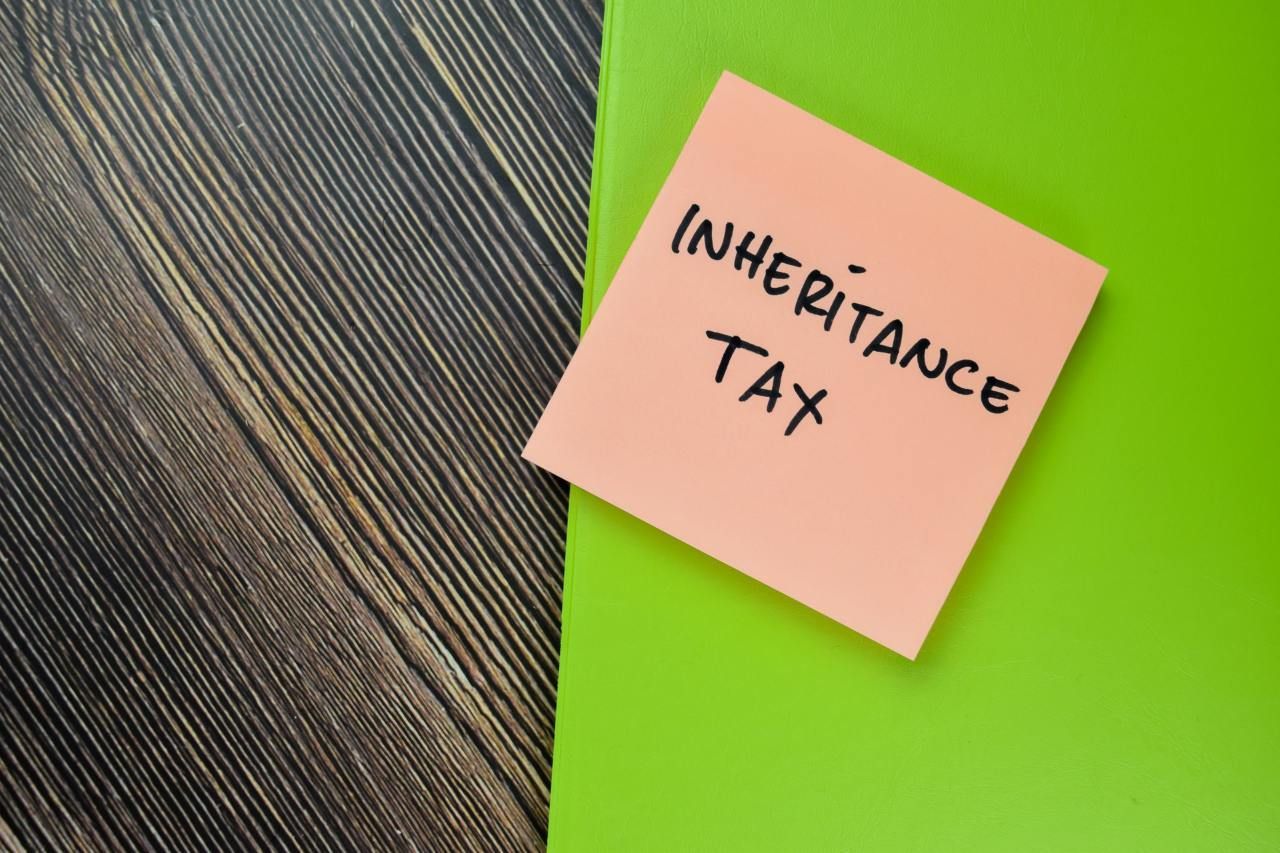What is a Death Bed Gift?
A deathbed gift is one made by a person in anticipation of their impending death. The principle of deathbed gifts (in legal terms known as ‘donatio mortis causa’) is long enshrined in law. It is important to be aware that for a deathbed gift to be valid, certain conditions must be satisfied.
Death bed gifts are open to abuse by the dishonest persons present at the time of donors death. They can also be very difficult to determine and are often open to challenge.
What makes Death Bed Gift valid?
For a Death Bed Gift to be effective the following listed criteria must be met:
- The donor must make the gift in contemplation of his/her impending death.
- The donor must have contemplated that his/her death is in the near future. It would not be enough for him/her to acknowledge that they will die ‘one day’ or ‘some day’.
- The gift must depend on the person’s death and be revocable until then. In addition, if death due to the identified cause is not inevitable, the gift lapses if death does not occur due to that cause. Caution must be exercised to avoid confusion with lifetime gifts.
- The person making the gift must relinquish control over the gift’s subject matter, whether that’s physical control or through means of access. This means that the donor must part with the gift or deliver it in some way to the donee; the donor must part with the property or the control of it. For example, if the donor wished to gift a car to his/her son; then the donor must hand over the actual car keys and registration documents.
- Given the nature of the gift, it is understandable that it’s a requirement that the person making the gift has the necessary mental capacity to do so. However, the standard required depends on the nature of the gift. The more significant the gift, the higher the standard, with the test moving more towards the usual test for capacity to make a Will.

Can deathbed gifts be challenged in court?
The short answer is yes, death bed gifts can be challenged in court by the beneficiaries of the estate, creditors and other parties that may have an interest in the estate.
Rahman v Hassan and others (2024)
The England and Wales High Court (EWHC) has permitted the family of the late Al-Hasib Al Mahmood to appeal its decision in the significant deathbed gift case, Rahman v Hassan (2024 EWHC 1290 Ch), as reported by STEP.
Masudur Rahman, the claimant, asserted that his 82-year-old friend, Al-Hasib Al Mahmood, transferred all his UK assets to him during the week preceding his death in October 2020. Amid the second COVID-19 lockdown, Al Mahmood was unable to secure witnesses for a new will. His will writer, unaware of the temporary legislation allowing remote witnessing, received a text message from Al Mahmood revoking his 2015 will and naming Rahman as the sole beneficiary. This included several bank accounts, various chattels, and a registered house.
https://www.step.org/industry-news/ewhcs-approval-deathbed-gift-registered-land-be-challenged-appeal
The only living witnesses to these gifts were Rahman and his wife. Al Mahmood’s family, the original beneficiaries under the 2015 will, contested their validity. Nonetheless, the EWHC ruled that the gifts were valid donationes mortis causa (Rahman v Hassan, 2024 EWHC 1290 Ch).
We will have to wait for the appeal to be heard to have further clarity on the issues highlighted in this case.
https://casetracker.justice.gov.uk/getDetail.do?case_id=CA-2024-001926

Conclusion
It is clear that Death Bed Gifts are considered to be very much a ‘grey area’ of the law. Given that death bed gifts can be open to challenge by various parties and abuse by others. Many challenges to Death Bed Gifts end up before the Court for a decision to be made as to their validity. This is a very costly and time-consuming process.
Therefore, to avoid this uncertainty and stress for personal representatives and family members following the donor’s death, I would encourage anyone who is facing imminent death to speak to a Solicitor as a matter of urgency to make a Will that deals with their wishes (providing they have the capacity to do so).
If you would like more information, please contact us to day to make your will.
We can also do a home visit and / or hospital visit to take instructions for your will and complete the whole process of drafting your will quickly.
Contact Ash Hill Solicitors Today!

Author Bio:
Nasreen Akhter is the founding director of Ash Hill Solicitors and an experienced probate solicitor with over 10 years in private client law. She specialises in wills, estate administration, powers of attorney, and inheritance planning. Known for her calm, compassionate approach, she guides clients through sensitive matters with clarity and care.
Nasreen is also a civil and commercial mediator, committed to resolving disputes efficiently and constructively. She is fully accredited and listed on the Solicitors Regulation Authority (SRA) register.
Outside of work, she’s a dedicated mum and chairs Happy Orphans Worldwide, a charity supporting vulnerable children across the globe.




